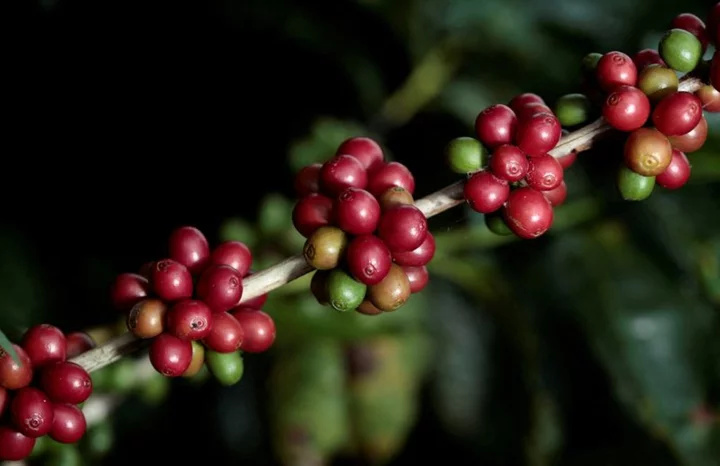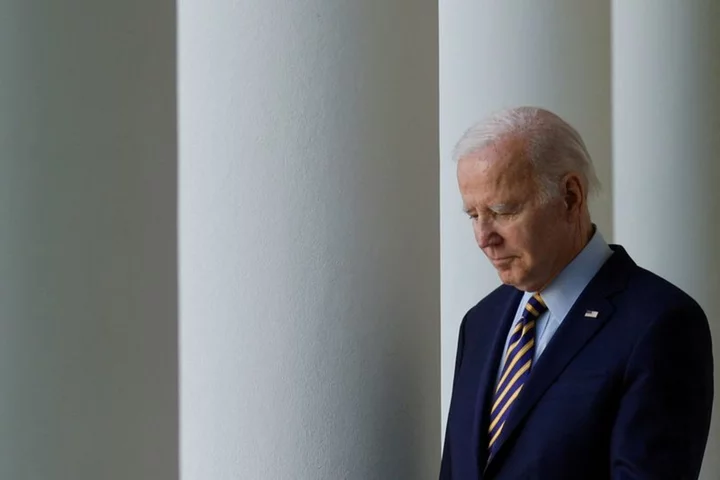By Roberto Samora
SAO PAULO A Brazilian coffee research institute has started a decisive stage in a two-decade project to develop arabica coffee varieties that are naturally decaffeinated, a development the researchers think could have significant commercial potential.
The program is being developed at the Instituto Agronomico de Campinas (IAC), a leading coffee research center that has provided many of the high-yield coffee plants that have helped Brazil become a powerhouse in the global coffee market, supplying more than a third of the trade.
Researchers at the IAC said they are starting regional field trials of some of the varieties they have been developing for several years by crossing different coffee plants that naturally have very low caffeine content, using the germplasm bank at their facilities.
If successful, the resulting varieties could find a market niche in large consuming regions such as Europe and the United States among consumers that would prefer them instead of current decaffeinated brands that are the result of chemical or industrial processes.
Companies selling decaffeinated coffee as well could benefit with reduced costs, since they could skip the industrial processes to remove caffeine from regular coffee varieties.
"The results we had so far look promising, we are upbeat," said Julio Cesar Mistro, a researcher overseeing the project at IAC.
Some of the clones developed in the center are being planted in different regions in Brazil. Coffee trees usually take two to three years to produce the first fruits, so there are still some years ahead until the researchers can harvest that coffee and test it.
Consumption of decaffeinated coffee accounts for around 10% of the market in the United States, according to data from the National Coffee Association (NCA).
Although many drink coffee specifically seeking the energy boost provided by caffeine, some people are intolerant to it, or prefer to have "decaf" when later in the day to avoid potential sleeping disruptions.
(Reporting by Roberto Samora, writing by Marcelo Teixeira in New York, editing by Sandra Maler)









